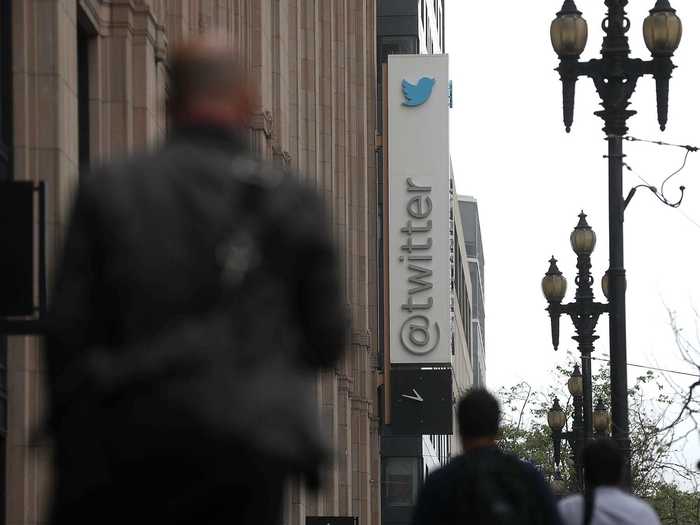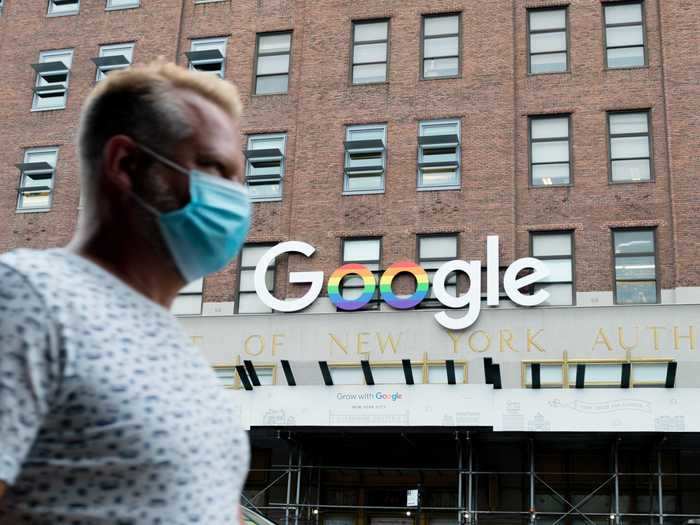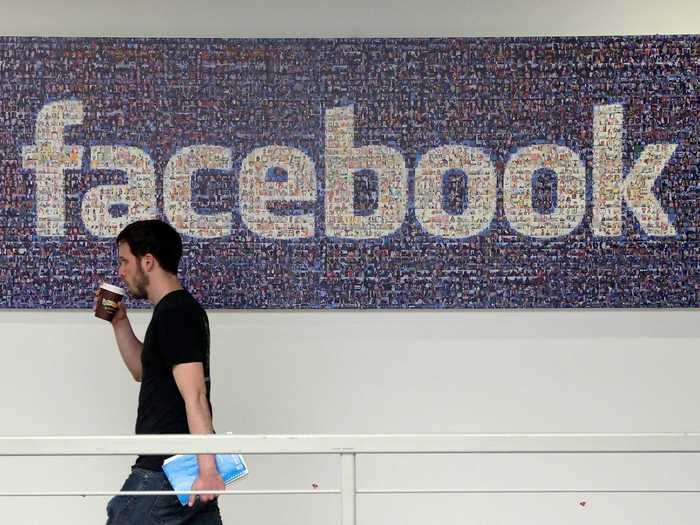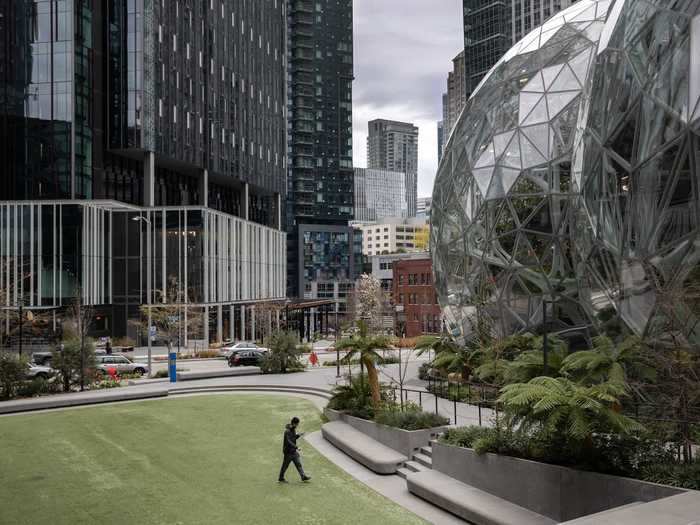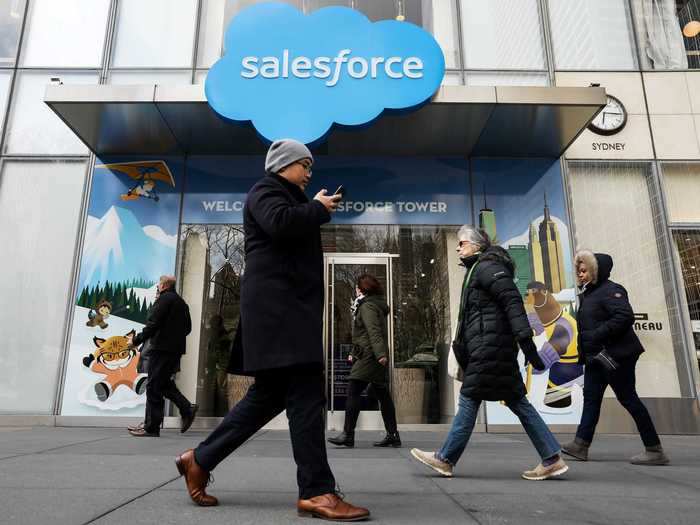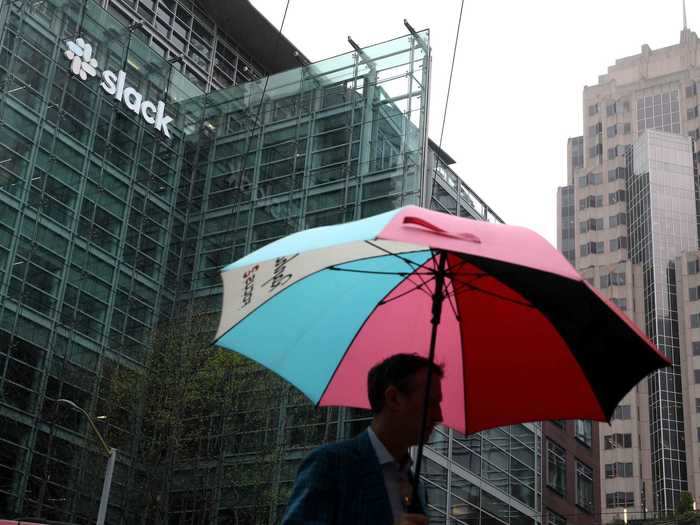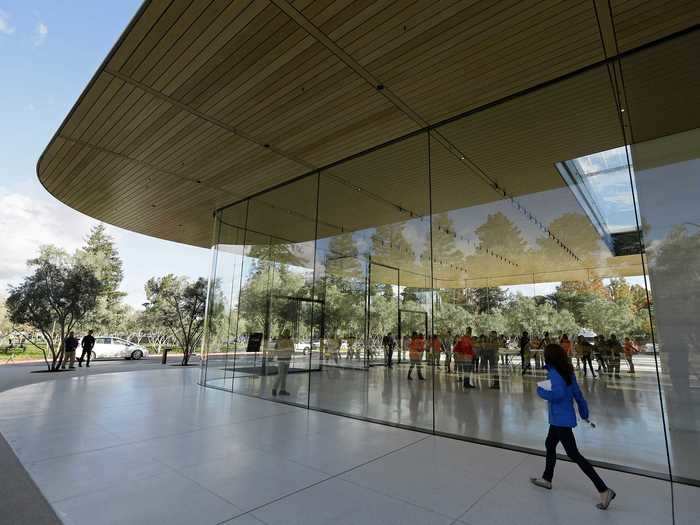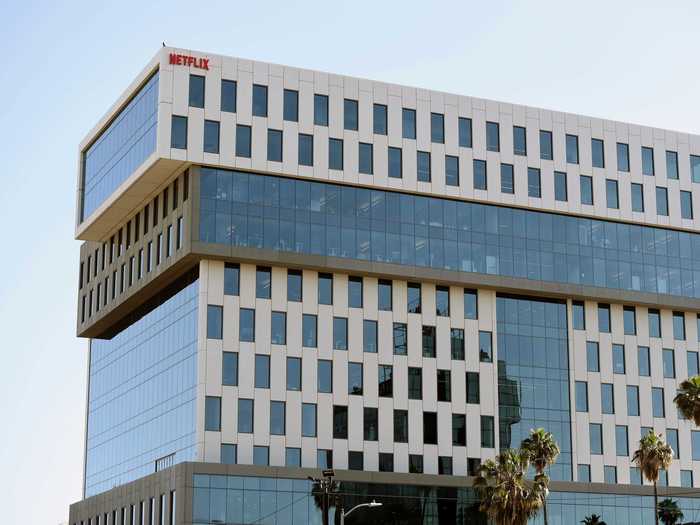JOSH EDELSON/AFP via Getty Images
- The world's biggest tech companies have varying plans for the future of work.
- Some companies, like Twitter and Slack, have said employees never need to return to the office.
- Others, like Microsoft, are reportedly adopting a hybrid model where employees report to the office only a few days per week.
- Companies like Amazon and Salesforce are adopting new benefits to help out working parents, like subsidized back-up childcare and extended paid leave.
- At Facebook, employees may work from home permanently, but if they leave the Bay Area for a less expensive city, they'll likely face a pay cut starting in January.
The future of Silicon Valley may bear little resemblance to the thriving hub we knew before the pandemic.
Since the coronavirus pandemic hit the US in March, tech companies based in San Francisco Bay Area have largely shut down their sprawling campuses and asked employees to work from home — in some cases, forever.
Eventually, whether it's in January, next summer, or beyond, those offices will reopen their doors, but office life is unlikely to resemble the before times for the workers who choose to return.
For some companies, that may mean a rethink to their physical spaces in order to prevent the spread of disease. For others, it may mean changing their real estate plans altogether, opting instead for a new type of office, or none at all. In some cases, it may mean rethinking where employees live and how they're paid.
Here's how tech's biggest companies are planning for the future of work.
Twitter was already preparing for a "decentralized" workforce, even before the pandemic.
Twitter's headquarters in San Francisco.
Justin Sullivan/Getty Images
While Twitter employees were told earlier this year that they have the option of working from home on a permanent basis, a decentralized workforce has been a dream of CEO Jack Dorsey's for a few years.
As a result, Twitter may have a clearer picture than most of its future plans. The company already had plans in place for localizing pay based on where employees choose to live and has started subleasing office space in San Francisco — 100,000 square feet, to be exact.
Even before the pandemic hit the Bay Area, some managers at Twitter had started experimenting with working from home and testing virtual meetings, according to a recent report from the Washington Post.
Elsewhere at Twitter, teams working to make video meetings more seamless, like using hand signals for when they have something to say or need to sign off, and inventing new phrases like "ELMO" — short for "Enough! Let's move on" — to help get meetings back on track, according to the Post.
Google isn't requiring employees to return to the office until July 2021.
Google's offices in the Chelsea neighborhood of New York City.
Noam Galai/Getty Images
Google confirmed in July that its employees wouldn't be required to come back to the office until next summer, partly to help workers with school-aged children who may not be returning to in-person schooling.
The company has made other changes to help out working parents, most notably by adding eight extra weeks to its Carers leave policy: Google employees now get 14 weeks total, which can be broken up hourly.
In addition, Google offered its employees $1,000 allowances to help them set up home offices.
Facebook has given employees $2,000 in bonuses to help them set up home offices.
Facebook's headquarters in Menlo Park, California.
Jeff Chiu/AP
Facebook has said that employees may continue working remotely through June 2021, but many may choose to do so on a permanent basis — they will, however, likely take a pay cut beginning in January if they choose to move to a less expensive region than the Bay Area, according to The New York Times.
Facebook CEO Mark Zuckerberg said in May that he expects 50% of the company's workforce to be entirely remote within the next decade.
Given that employees won't be returning to Facebook's Menlo Park headquarters anytime soon, the company has shifted some of its on-campus employee perks to accommodate working from home. The company said in August that it was giving employees an additional $1,000 stipend for setting up a home office, on top of the $1,000 working-from-home bonus they were given in March.
Facebook is also making plans to help out working parents, including offering 10 weeks of paid leave for employees who unexpectedly need to care for a child or relative.
Additionally, Facebook plans to give all employees high marks on their performance reviews in 2020, which typically results in bonuses, according to the Los Angeles Times.
Amazon has started offering generous benefits to parents.
Amazon's headquarters in Seattle.
John Moore/Getty Images
Amazon announced in July that it would allow employees to continue working remotely until January 8, 2021, as long as their jobs can be effectively done from home.
For those employees who do choose to come into the office, however, Amazon has implemented safety procedures like physical distancing, increased cleaning, and temperature checks, and the company provides face coverings and hand sanitizer, a spokesperson told Business Insider in July.
In response to pandemic, Amazon has also implemented new employee benefits. The company has begun offering discounts on tutoring, as well as subsidizing backup childcare for up to 10 days a month for full- and part-time Amazon and Whole Foods employees — Amazon says it covers more than 90% of the cost.
But while many tech companies appear to be rethinking the future of physical offices, Amazon has continued its expansion plans — but not at its Seattle headquarters. The company recently announced a $1.4 billion investment to expand its physical offices in six US cities and hire 3,500 new employees who will report into those hubs.
Salesforce is letting employees work from home until August 2021.
The Salesforce Tower in New York City.
Brendan McDermid/Reuters
Earlier this year, Salesforce wrote a 21-page handbook, available to anyone who wants it, about how to safely reopen office spaces. The plan includes rethinking some of the materials inside the office, adding glass dividers, and mandating social distancing, even in elevators.
While Salesforce is reopening some offices in places like Canada, Europe, and Asia, all of its employees may continue working from home until August 2021.
Salesforce has also adopted new benefits for parents during the pandemic. The company announced in August that parents are now eligible for up to six weeks off and that Salesforce will also offer subsidized back-up childcare: employees may get reimbursed up to $100 per day for 5 days every month through January 2021.
Slack employees can work remotely on a permanent basis if they'd like.
Justin Sullivan/Getty Images
Slack announced in June that it would allow its employees the option to work remotely forever, and said it plans to hire more workers who will be permanently remote.
Slack also pushed its office reopening date, saying it expects the office will look "quite different" going forward: "fewer amenities such as catered lunches and coffee bars, less focus on in-person meetings with colleagues, and more options for focused solo work."
Apple CEO Tim Cook has said that after the pandemic, the company will not "return to the way we were."
The visitor's center at Apple's headquarters in Cupertino, California.
Eric Risberg/AP
While some Apple employees have been reporting to the company's offices for months, others have worked remotely — and Apple CEO Tim Cook said recently that it's been a successful experiment for the company.
"There are some things that actually work really well virtually," Cook said in an interview at The Atlantic Festival last month, but that working remotely is "not like being together physically."
In an interview with Bloomberg in July, Cook said Apple employees can continue working from home until early 2021. "To go beyond that, it would depend on the success with a vaccine, success with therapeutics," and other factors, Cook told Bloomberg.
Apple's offices will function like an accordion, he told Bloomberg, allowing them to open and close depending on data surrounding virus cases.
Microsoft will reportedly allow its 150,000-person workforce to work from home at least part of the time.
Microsoft's headquarters in Redmond, Washington.
Stephen Brashear
In what Microsoft is calling a "hybrid workplace," employees will now only have to report to the office for half the workweek, according to an internal memo obtained by The Verge this month. If approved by a manager, some employees will be allowed to work from home permanently and relocate, but if they do, they'll need to give up their work station at Microsoft's office.
However, some employees won't have the option of remote work, The Verge reports. If an employee works in Microsoft's hardware division or in-person training, they'll need to report to the office.
Netflix CEO Reed Hastings says the company's offices won't reopen until the majority of people are vaccinated.
Netflix's headquarters in Los Angeles.
Chris Pizzello/AP
In a new interview with The Wall Street Journal last month, Hastings said he hasn't seen any upsides of remote work.
"No. I don't see any positives," Hastings told the Journal. "Not being able to get together in person, particularly internationally, is a pure negative. I've been super impressed at people's sacrifices."
Hastings said employees won't return to the office until there's a vaccine, however — likely six months after a vaccine is widely available, or once there are "a majority of people vaccinated."
In the future, Hastings expects the corporate world to shift to a four-day workweek where employees report to the office for four days and work remotely on the fifth.
